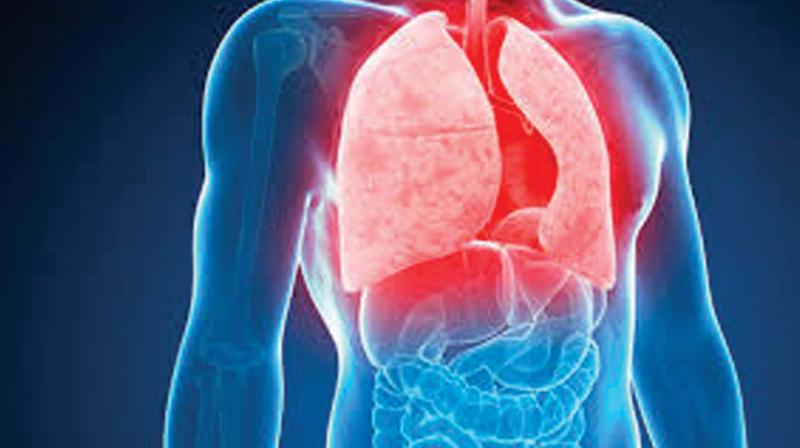War against Tuberculosis intensifies
World Health Organization's (WHO) EndTB Strategy' and the Sustainable Development Goals (SDGs) of the United Nations (UN).

Coimbatore: As per the Global tuberculosis (TB) report 2017, the estimated incidence of TB in India was approximately 28,00,000 accounting for about a quarter of the world's TB cases. In the backdrop of this, the National Strategic Plan (NSP) 2017-2025 builds on the success and learning's of the last NSP and encapsulates innovative steps required to eliminate TB in India by the year 2025. It is crafted in line with other health sector strategies and global efforts, such as the draft National Health Policy 2015, World Health Organization's (WHO) ‘EndTB Strategy’ and the Sustainable Development Goals (SDGs) of the United Nations (UN).
The programme has put in a number of patient centric systems such as ICT based adherence monitoring, increasing the breadth of treatment and social support options available to people affected with TB, expanded laboratory capacity and policy for detecting drug resistance. The program is currently scaling up its policy of Universal DST (Drug Susceptibility Testing) whereby all cases diagnosed with TB will receive a minimum of Rifampicin and Isoniazid resistance testing.
The programme is making special efforts for reaching the unreached through ‘Active Case Finding (ACF) campaign’, focusing on clinically, socially and occupationally vulnerable populations and shifting from passive to active case finding along with passive case finding in selected populations. For achieving the ambitious targets, the programme has modified its diagnostic approach to drug sensitive and drug resistance TB cases. The TB C&DST (Culture and Drug Susceptibility Testing) laboratories under RNTCP (Revised National TB Control Programme) lab networks are equipped with different diagnostic technologies for DR TB diagnosis, which include Solid and Liquid Culture DST.
Currently, there are 74 TB C&DST laboratories which are certified by RNTCP for one or more diagnostic technologies. Out of the 74 TB C&DST laboratories, 45 laboratories are certified for all the three diagnostic technologies. Cumulatively, 48 laboratories are certified for solid culture DST; 45 laboratories for first-line liquid culture DST and 38 laboratories for second-line liquid culture DST; 56 laboratories for first-line LPA technology and 50 laboratories for second-line LPA technology.

